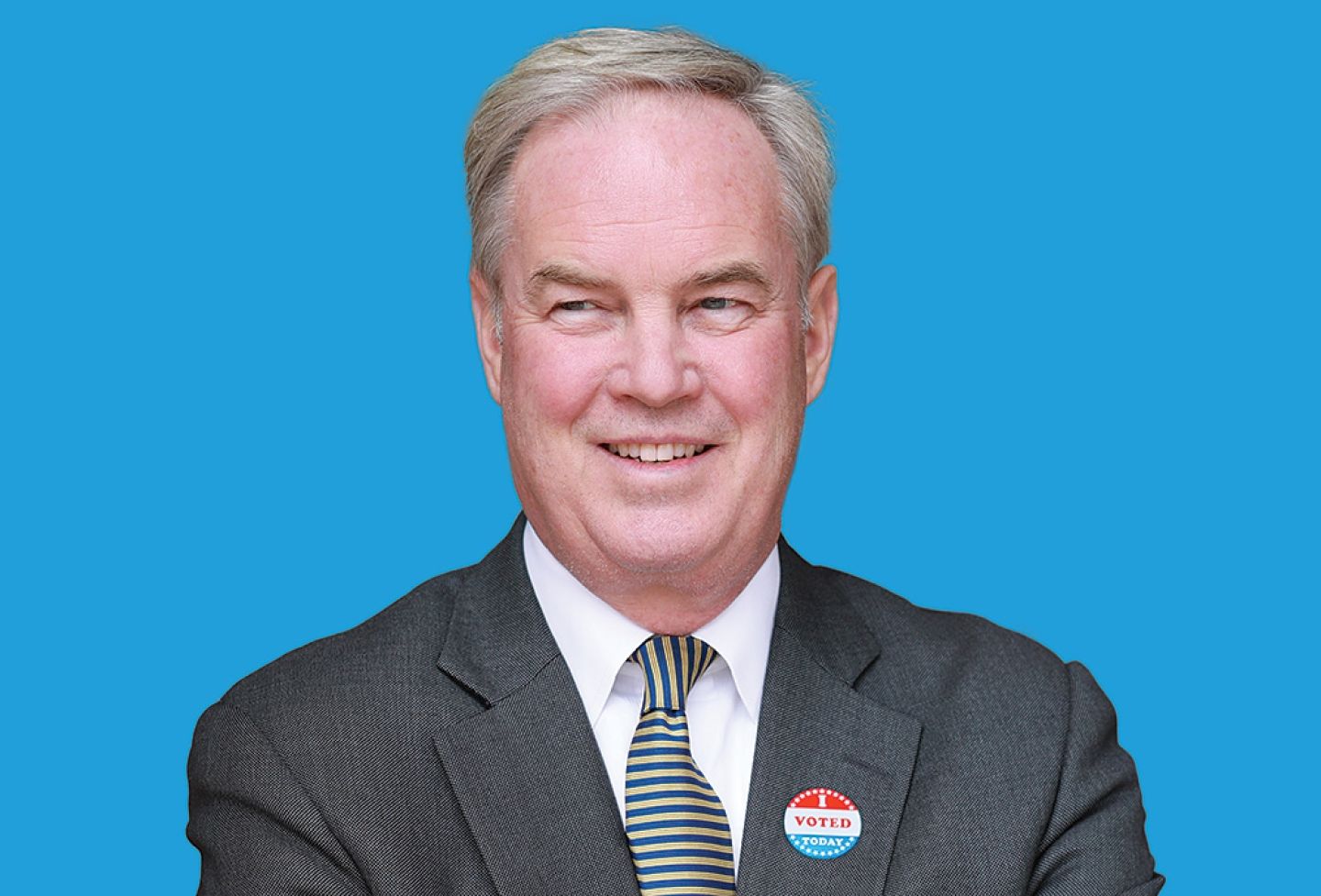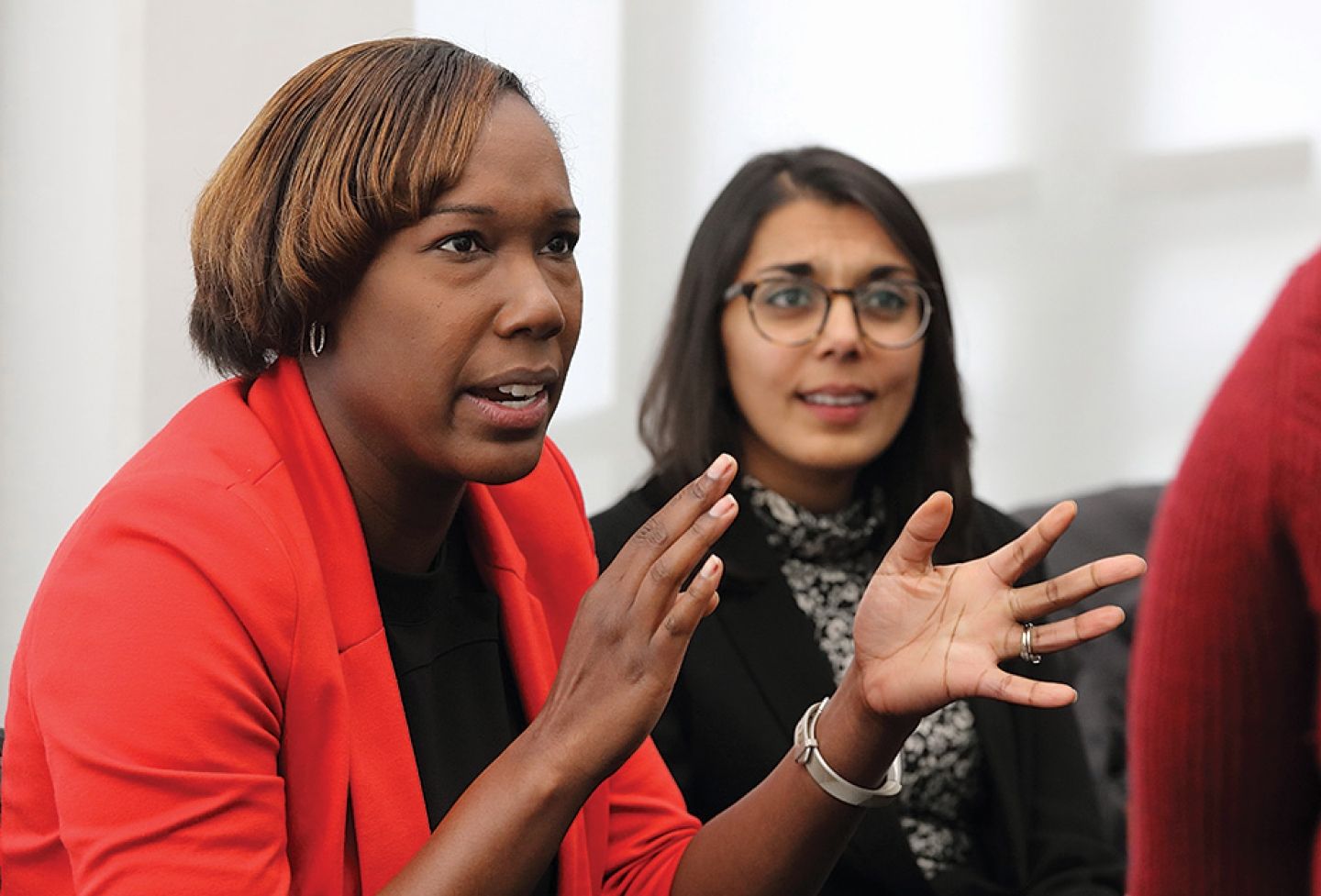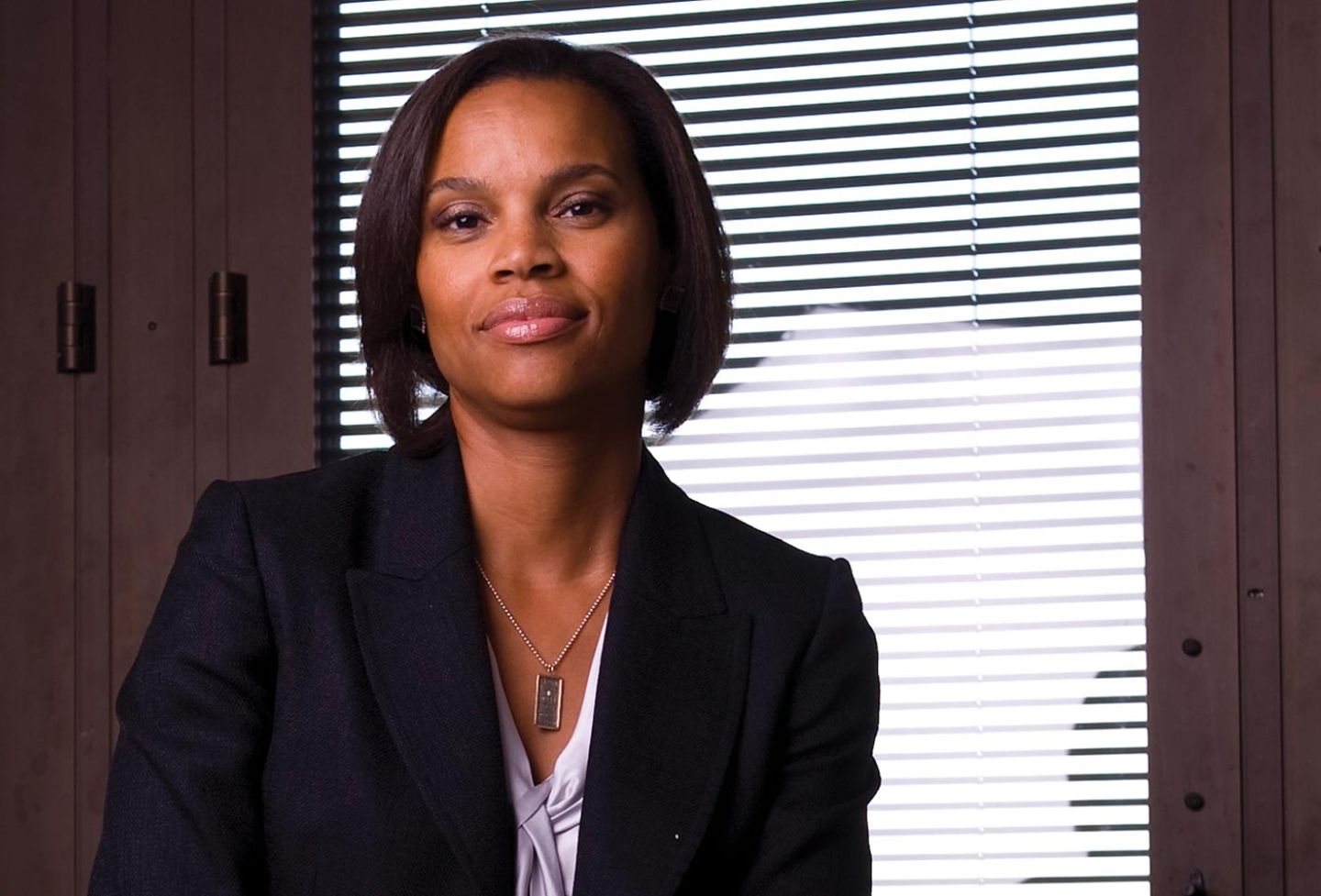Describe your job and what you like about it.
My favorite thing about both the District Court and the Court of Appeals is the subject-matter variety among the cases we handle. Even after 37 years of being a federal judge, I see new things all the time. Judges have the privilege and challenge of being among the last generalists in the law.
When did you first aspire to become a judge, and why?
I really did not “aspire” to be a judge. To my surprise and the surprise of everyone else in the Memphis legal community, I became a state trial judge in 1981 when I was 30. I was hardly presumptuous enough to have a judgeship as a goal at that point. The following year I was elected to a full eight-year term, and a year later I became a federal district judge. It turned out that I was well-suited for the judicial role, which seemed natural to me from the very beginning.
How have things changed for women since you first ran for trial judge?
There are lots more women judges now, and they have been very successful in elections. A woman candidate was an anomaly in 1981. But to be successful then, you had to do the same things that winning judicial candidates do now.
Of course, there are now far more women in the profession generally. That’s a really good thing. Opportunities exist that were available only infrequently or not at all for women when I started my legal career.
There are still challenges, many centering around the difficulty of combining a very demanding career and a family life. But I doubt that women today feel the heavy burden of paving the way for other women. I knew that it was critical for me to demonstrate that women could do a job well that previously only men had done.
Describe your path to the appellate court.
By chance, I had worked in a prior job with Fred Thompson, who was Tennessee’s senior United States senator at the time a vacancy arose. He became my advocate with President George W. Bush, who nominated me. Fortunately, my record as a trial judge meant that I was broadly acceptable to senators across the political spectrum, and I was confirmed without controversy.
What has federal service taught you?
It’s a real privilege to serve in the federal judicial system. I have enormous respect for the integrity, intelligence, and thoughtfulness of judicial colleagues across the country. I’m mindful, too, that I am paid by the taxpayers and am conscientious enough to try to make sure they get their money’s worth.
What more would you do if there were 25 hours in a day?
I read a lot, but I would probably read even more with an extra hour a day.
Are you optimistic about the future of our democracy?
I am a believer in the institutions that protect our democracy. So yes, I believe our democracy is enduring. But I do think our country would benefit from a renewed, broad-based effort to educate each individual about government and the lessons of history—not just our own but worldwide. In the end, it is individuals who bear the responsibility for the protection of our democratic institutions and our freedom. It will be much easier to do the job if we, collectively and individually, have a clear-eyed and informed view of the necessity of the task. The federal judiciary and many state judiciaries are playing a role in civics education, but there is plenty for everyone to do.
You have the last word. What do you want to say?
As I age, I am full of gratitude for so many things. Putting aside the personal, which is certainly a big part of my gratitude, I am grateful for the education I received at Vanderbilt University and the University of Virginia School of Law. I am also deeply grateful for the opportunity to have a judicial career which has allowed me to serve the public and has endlessly challenged and engaged me.



